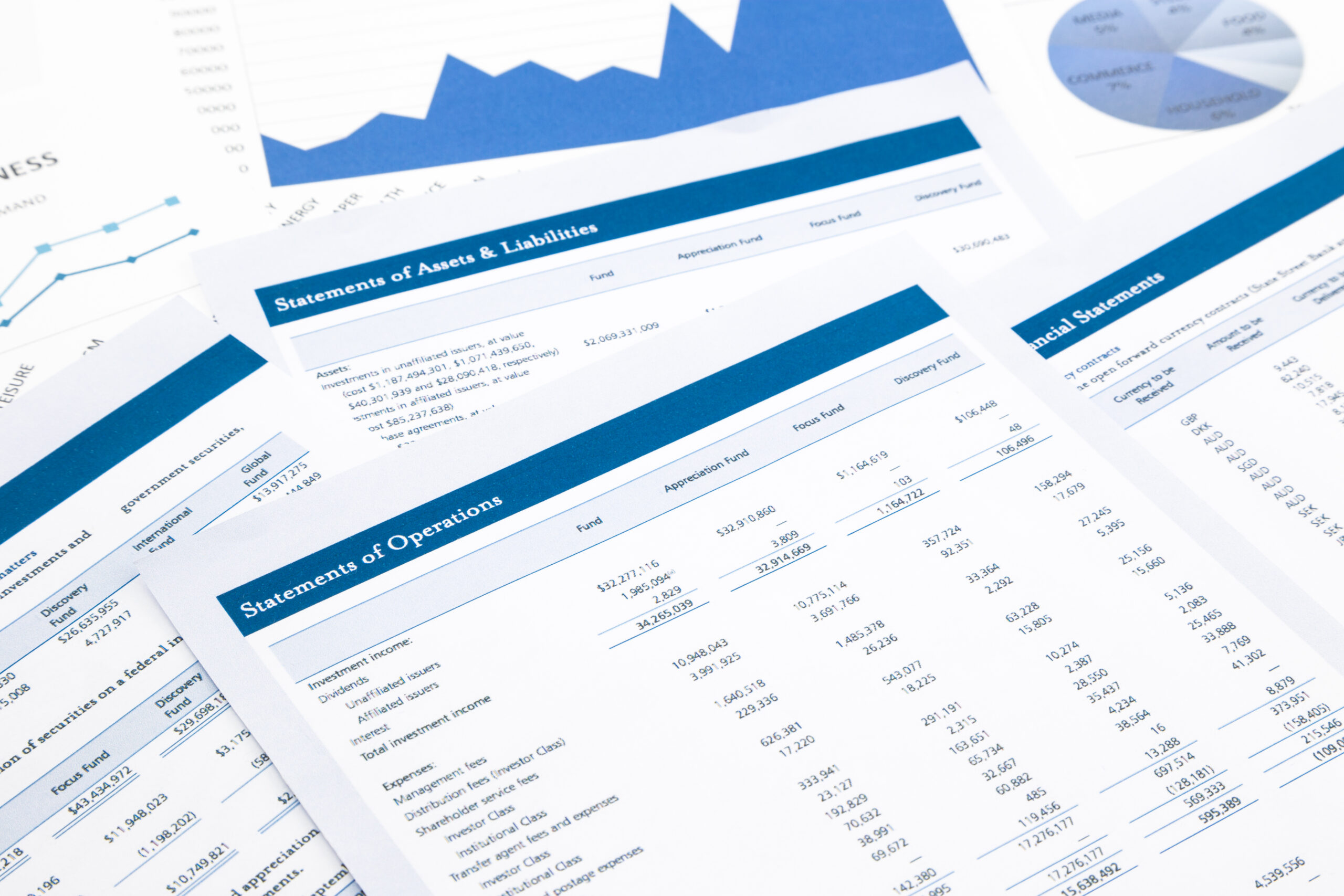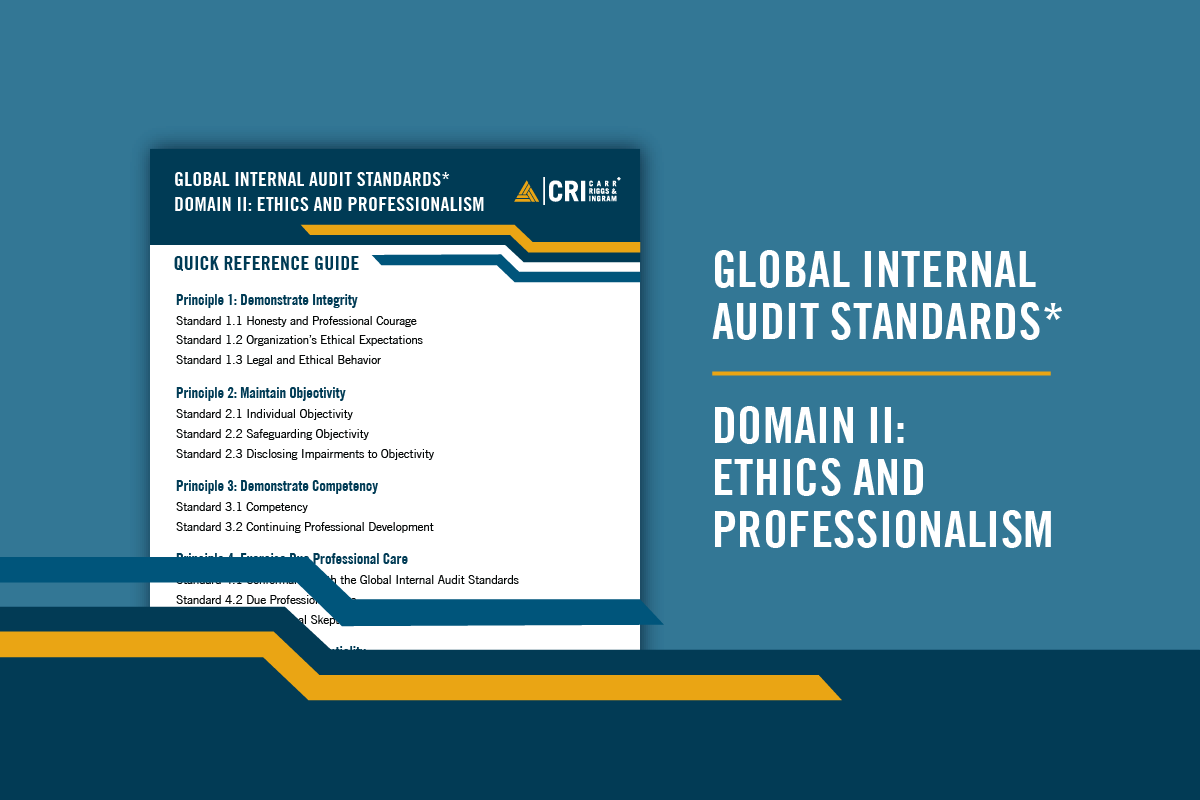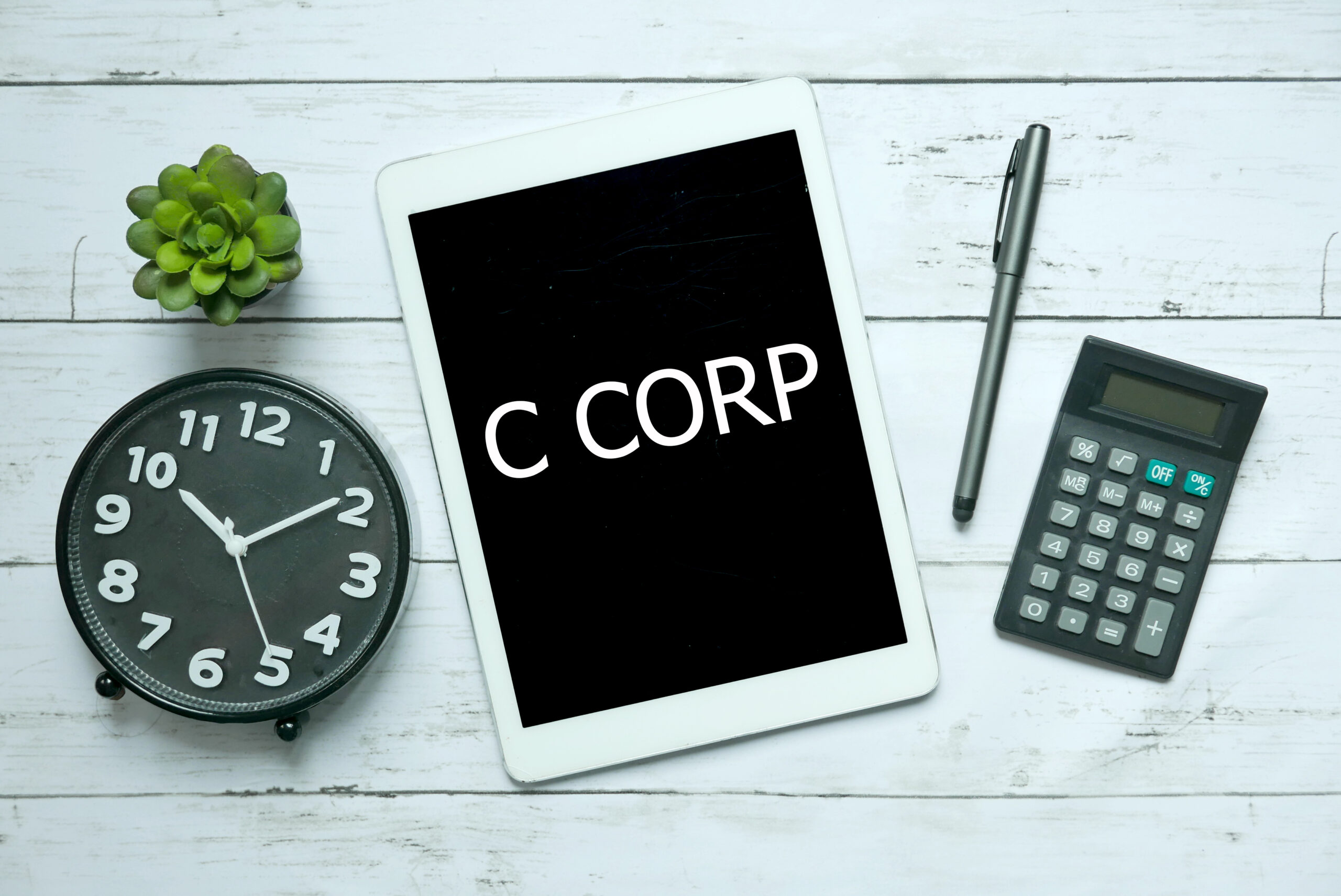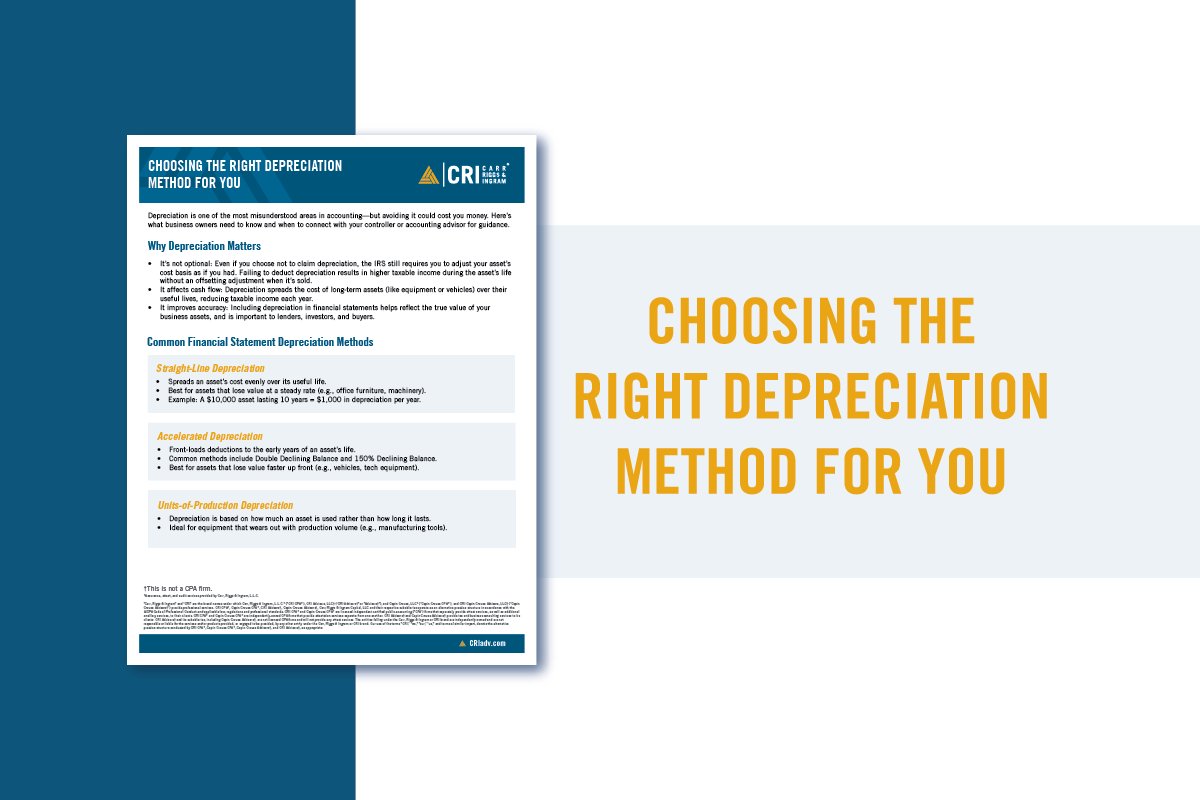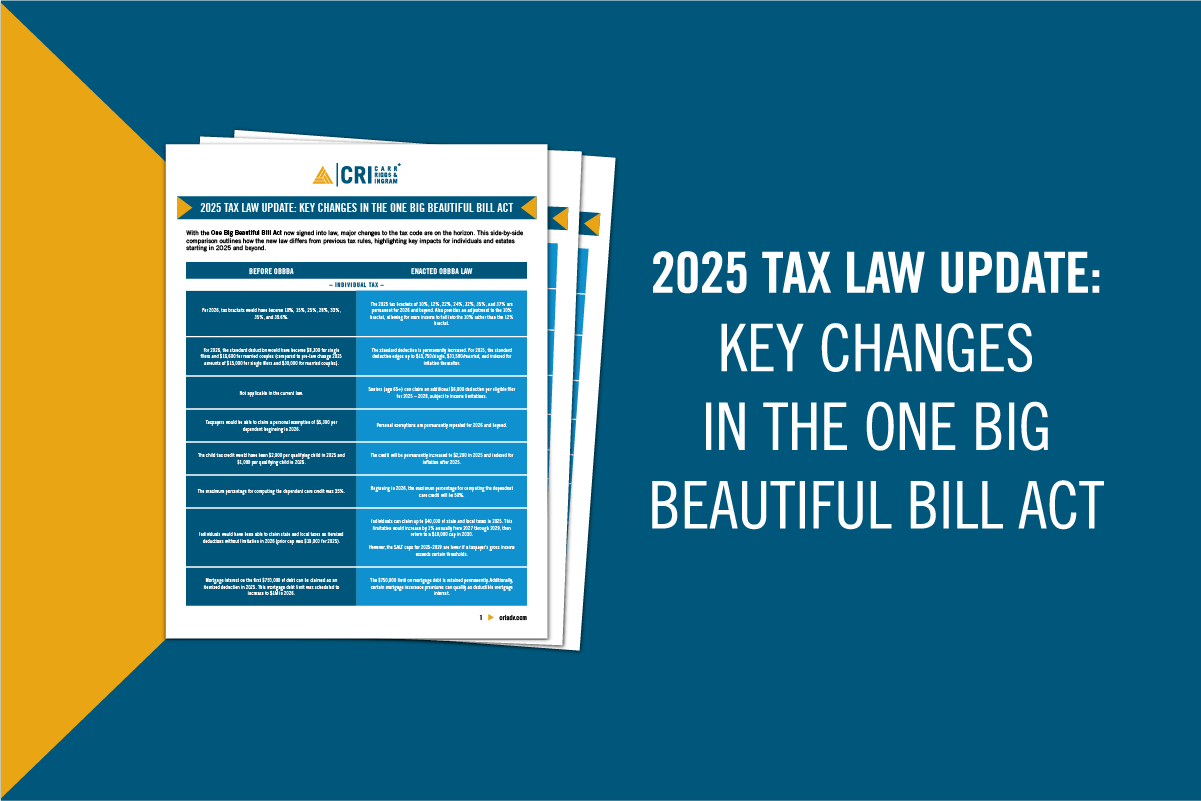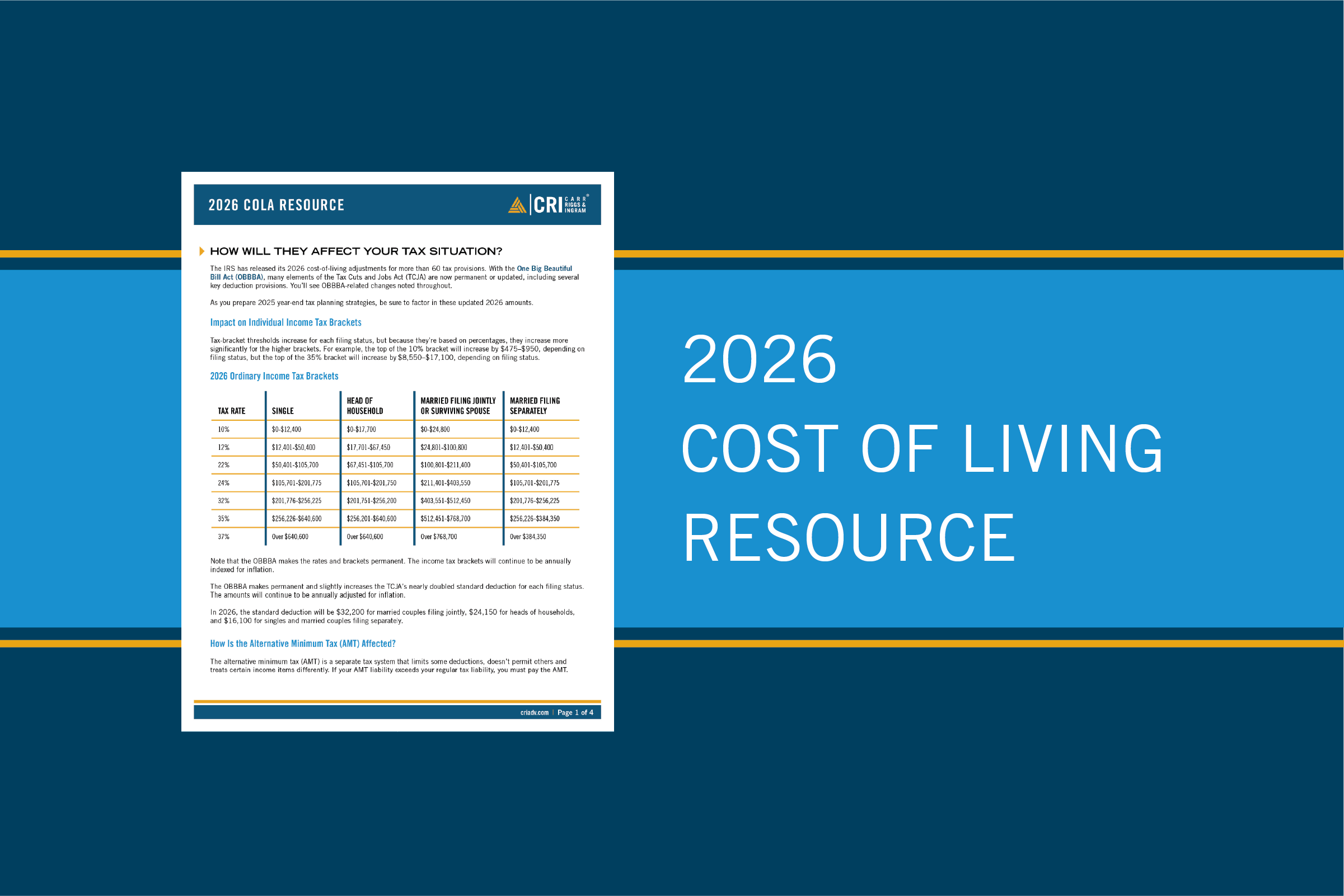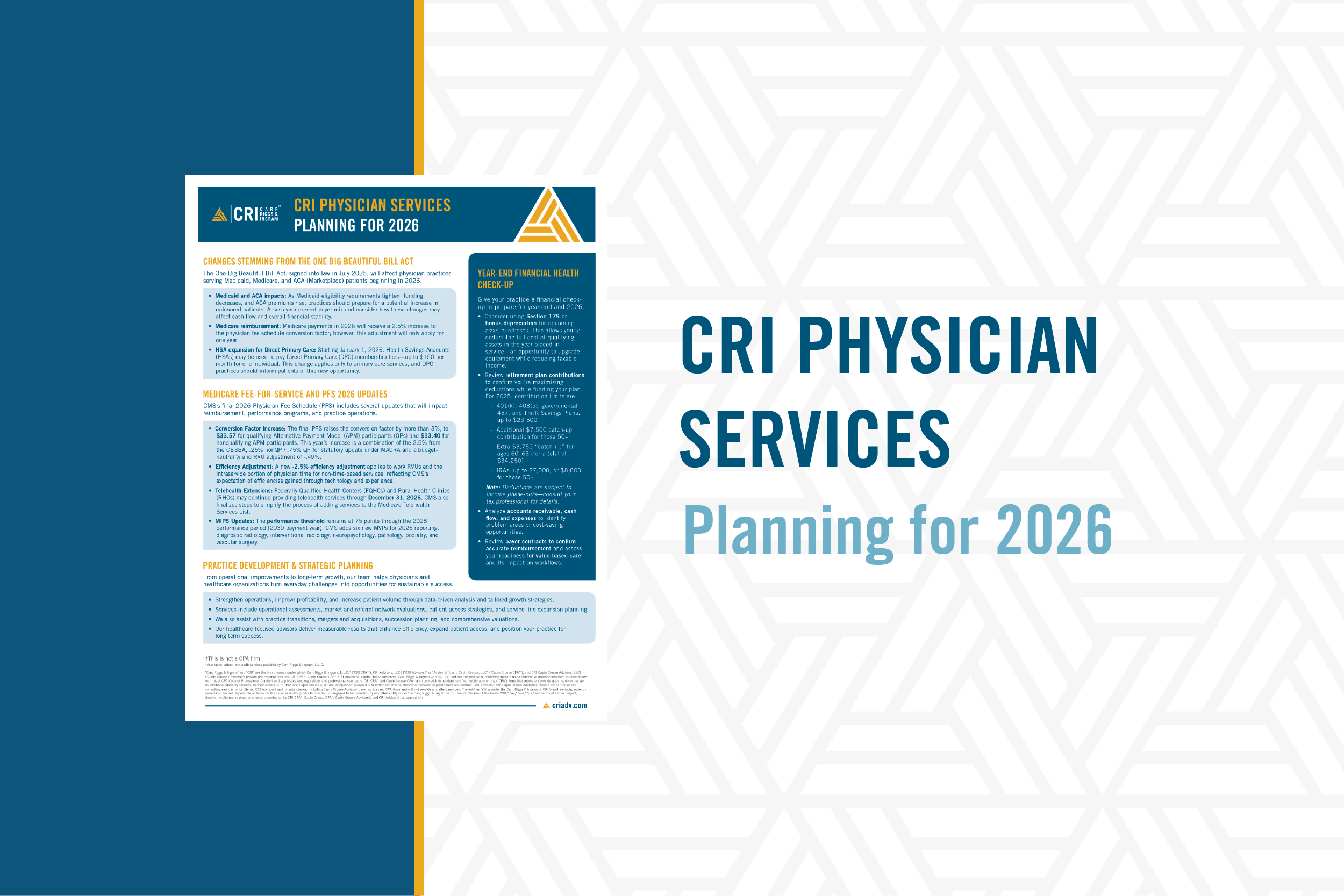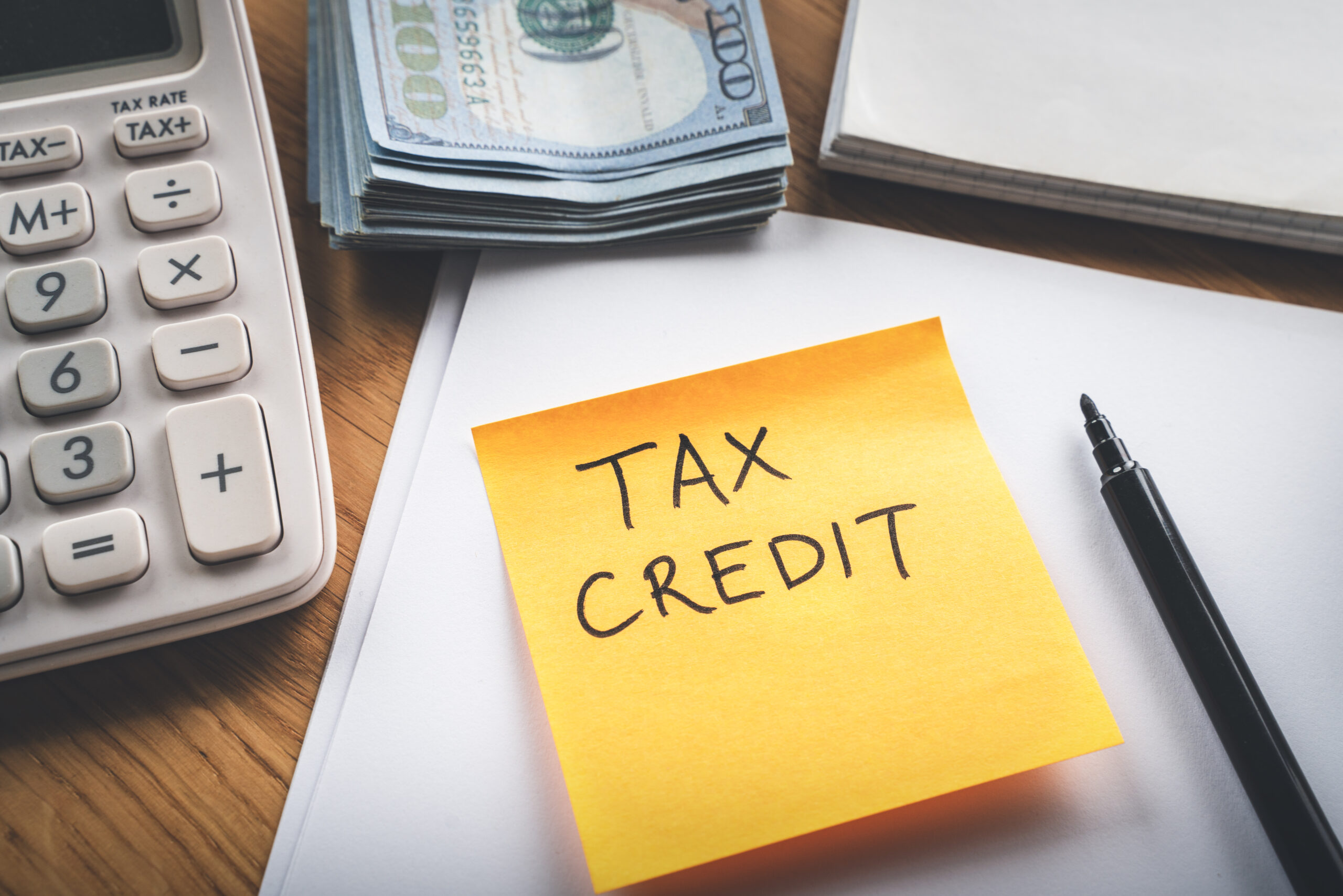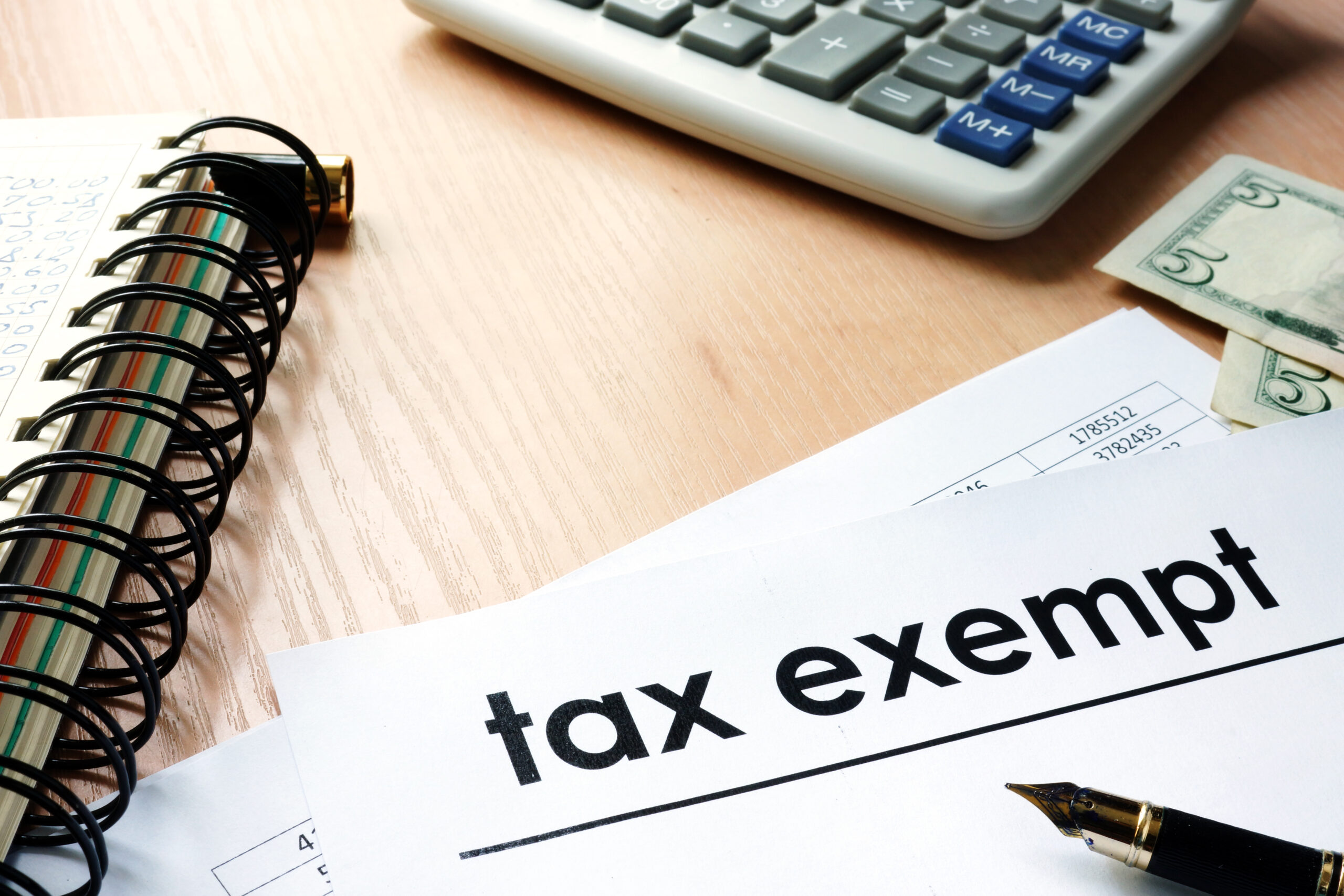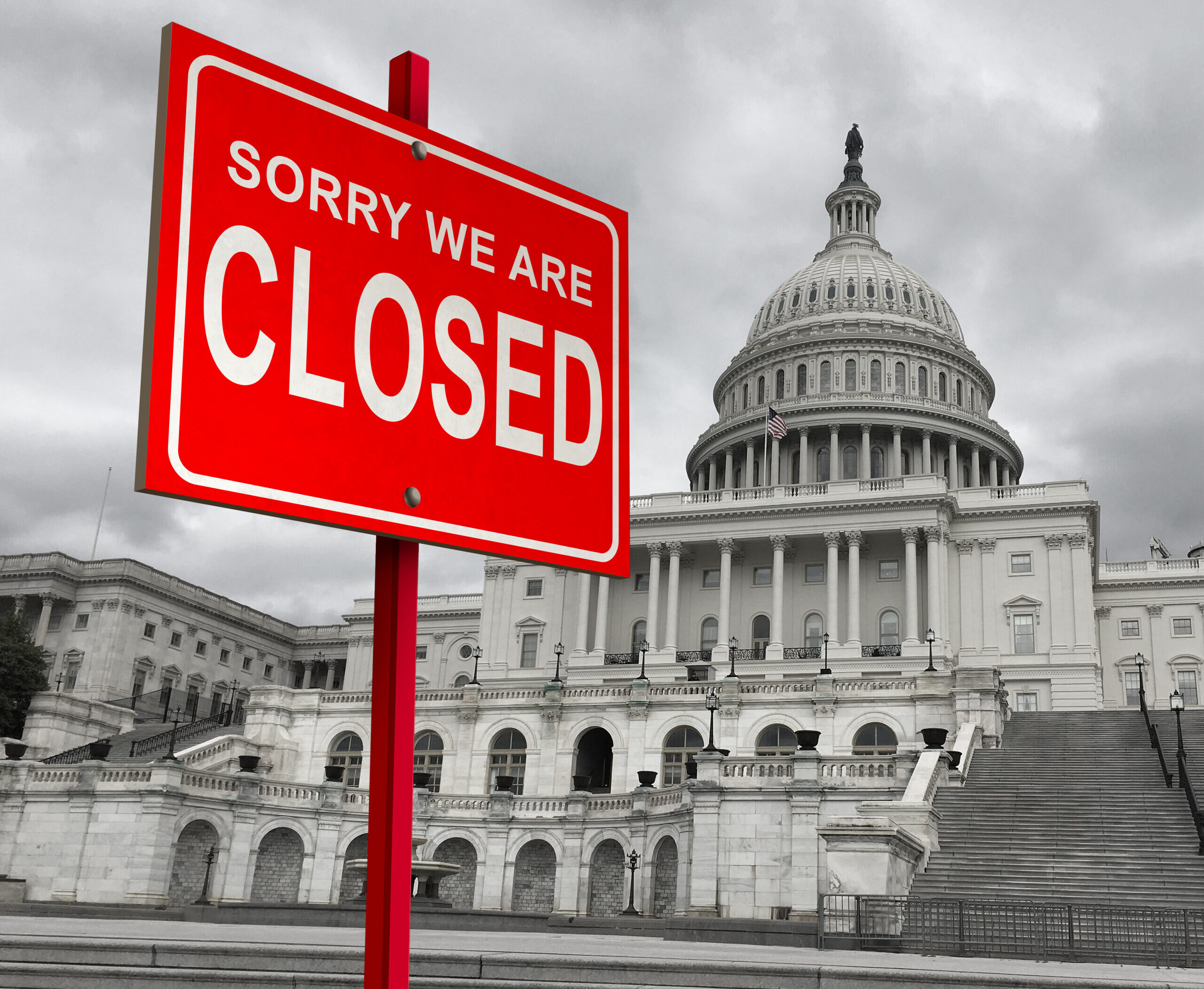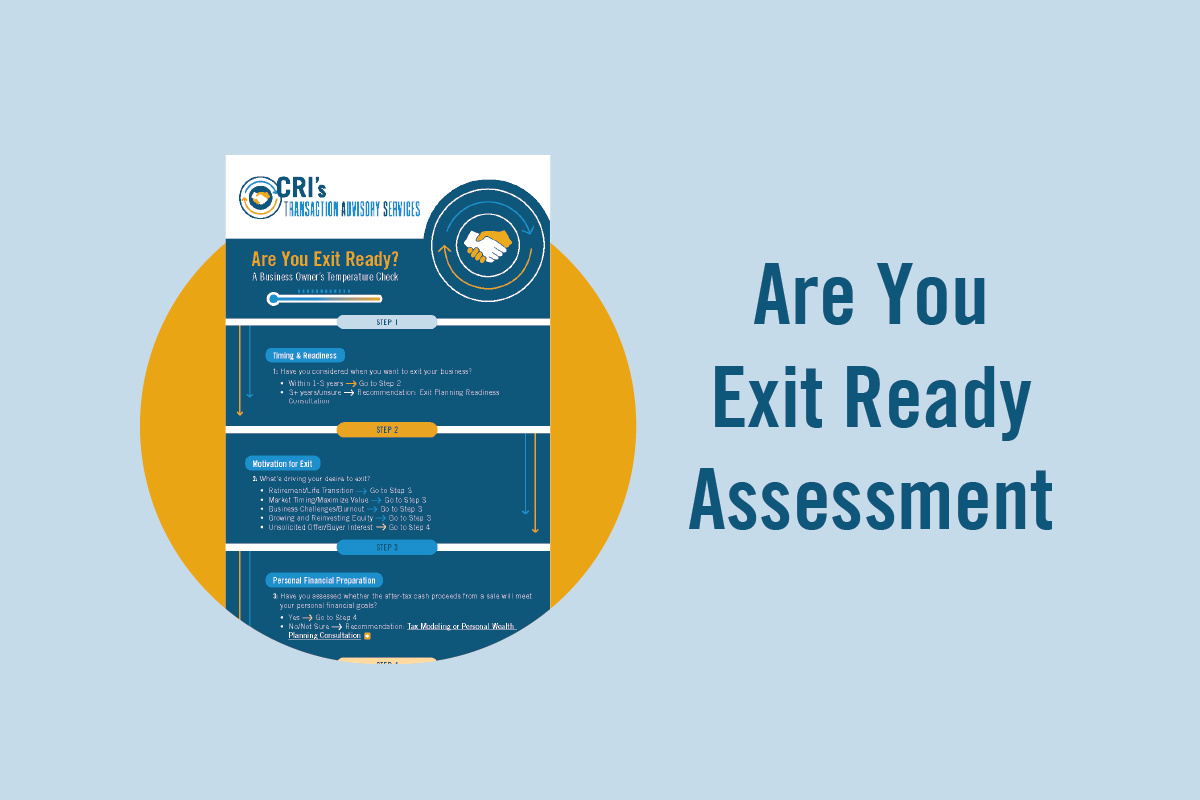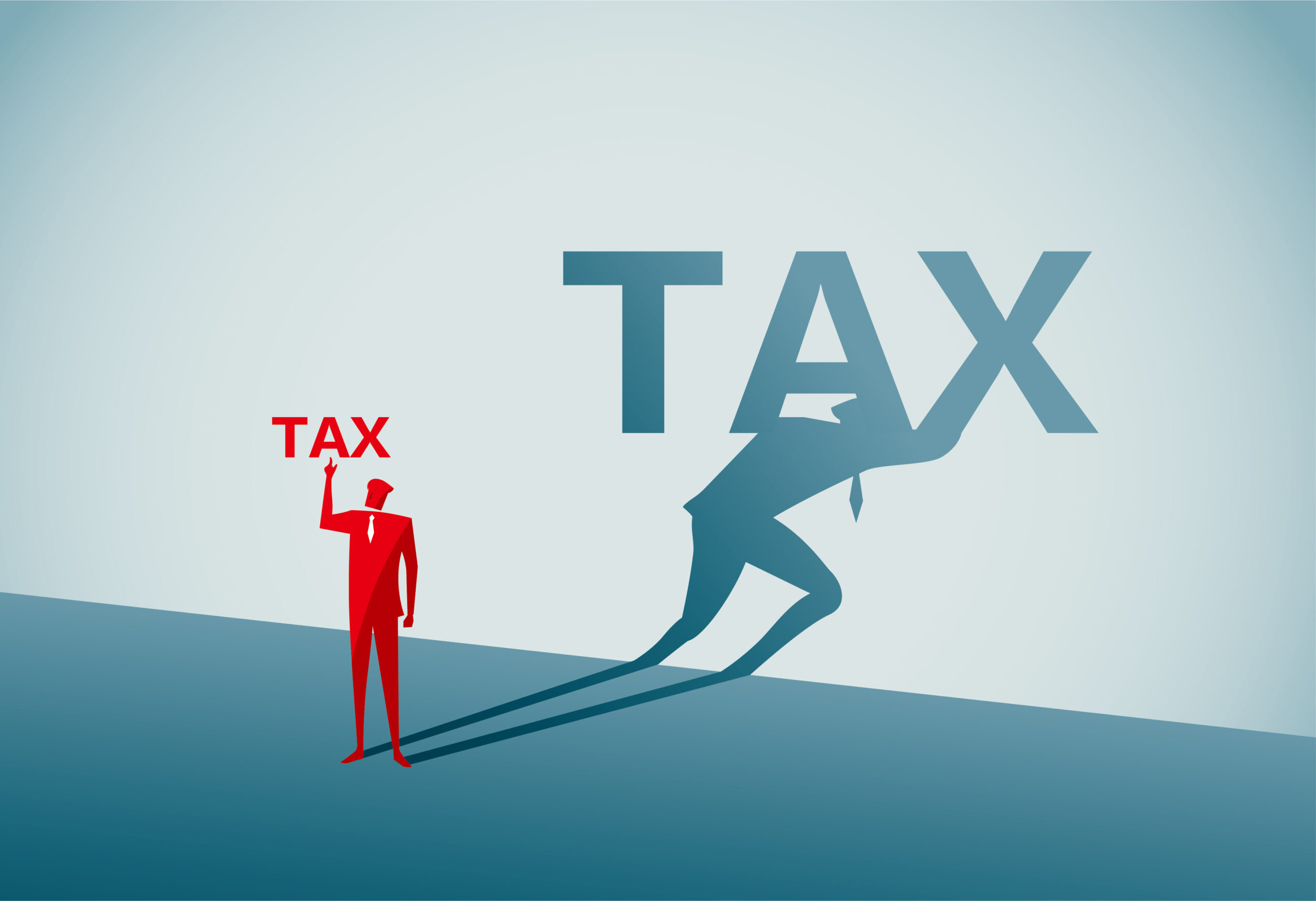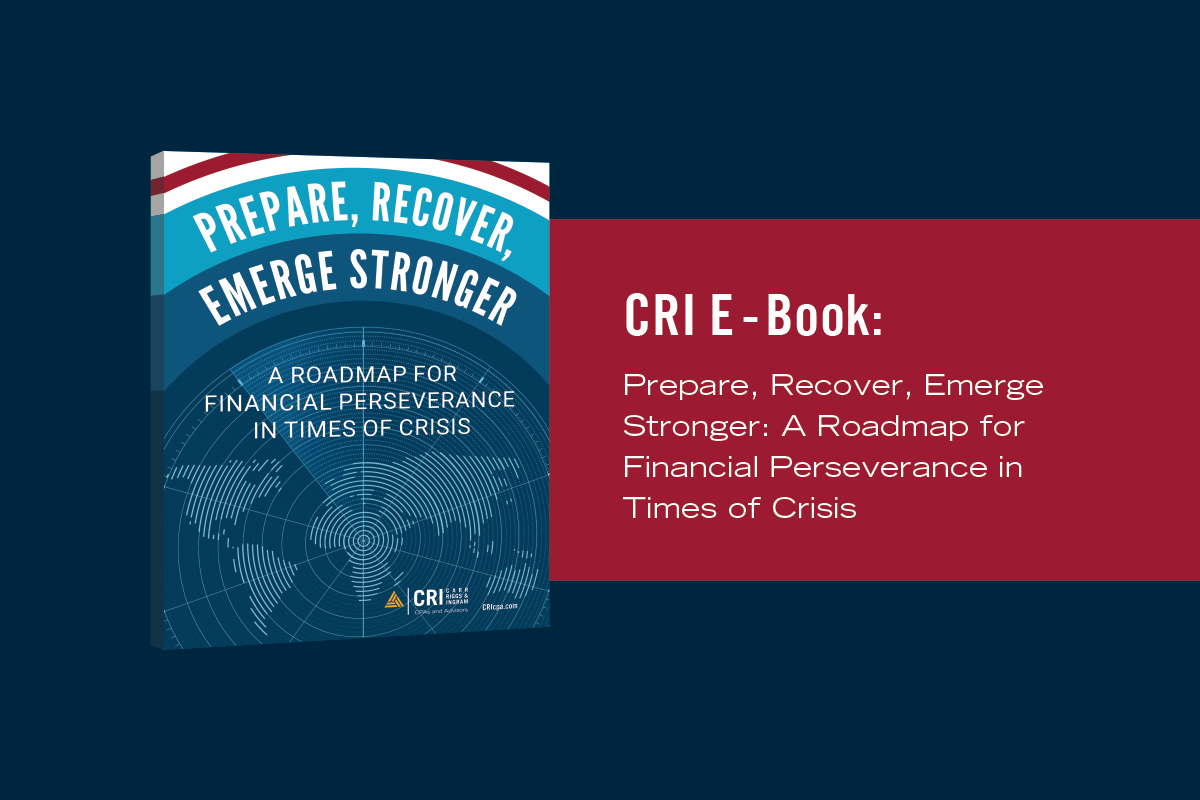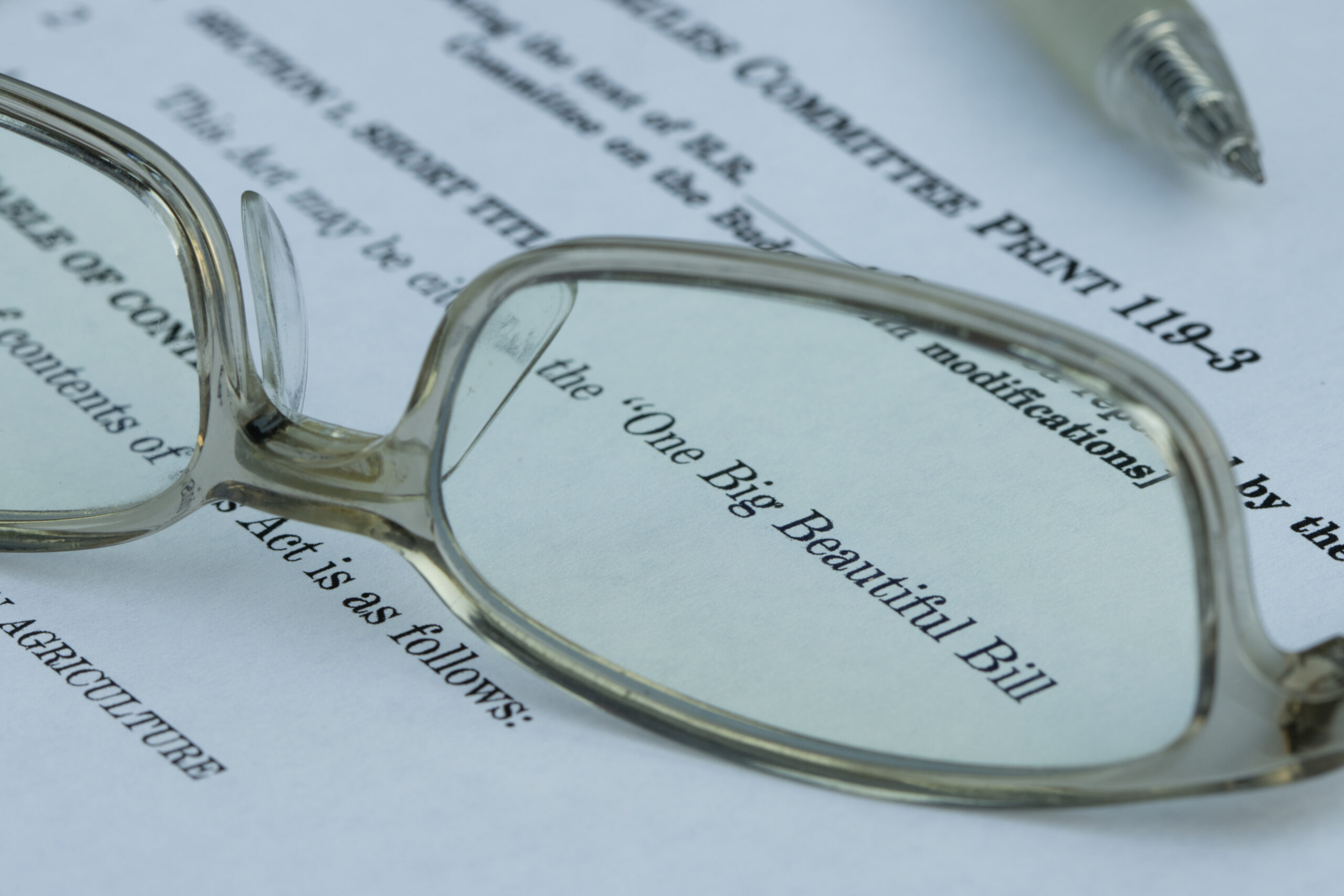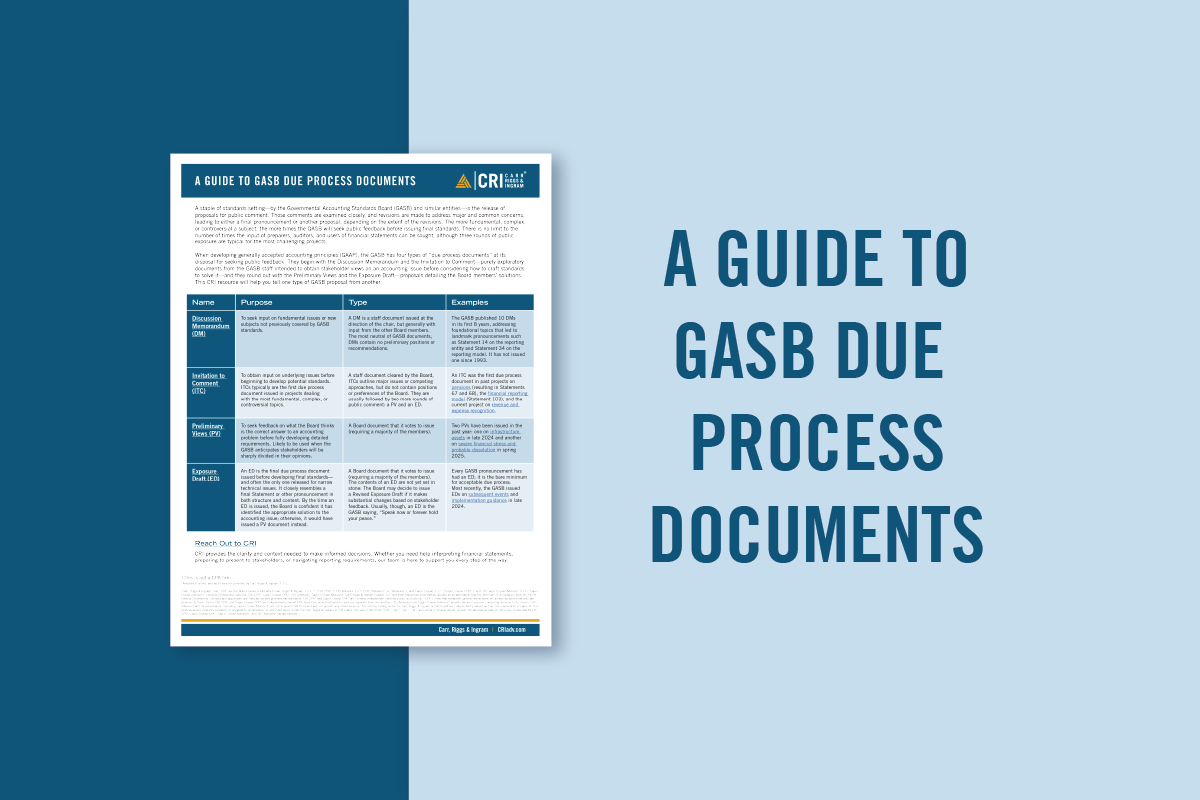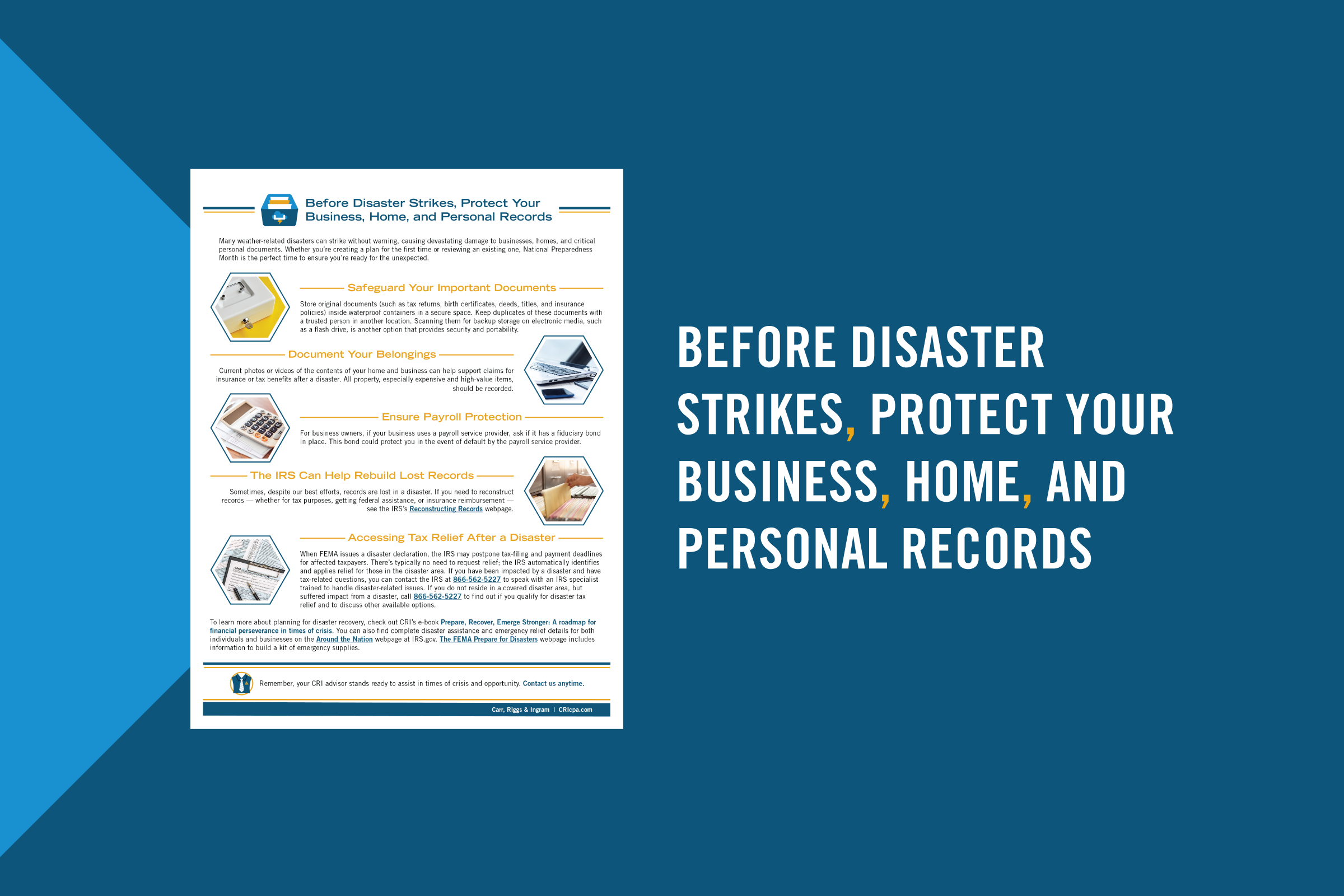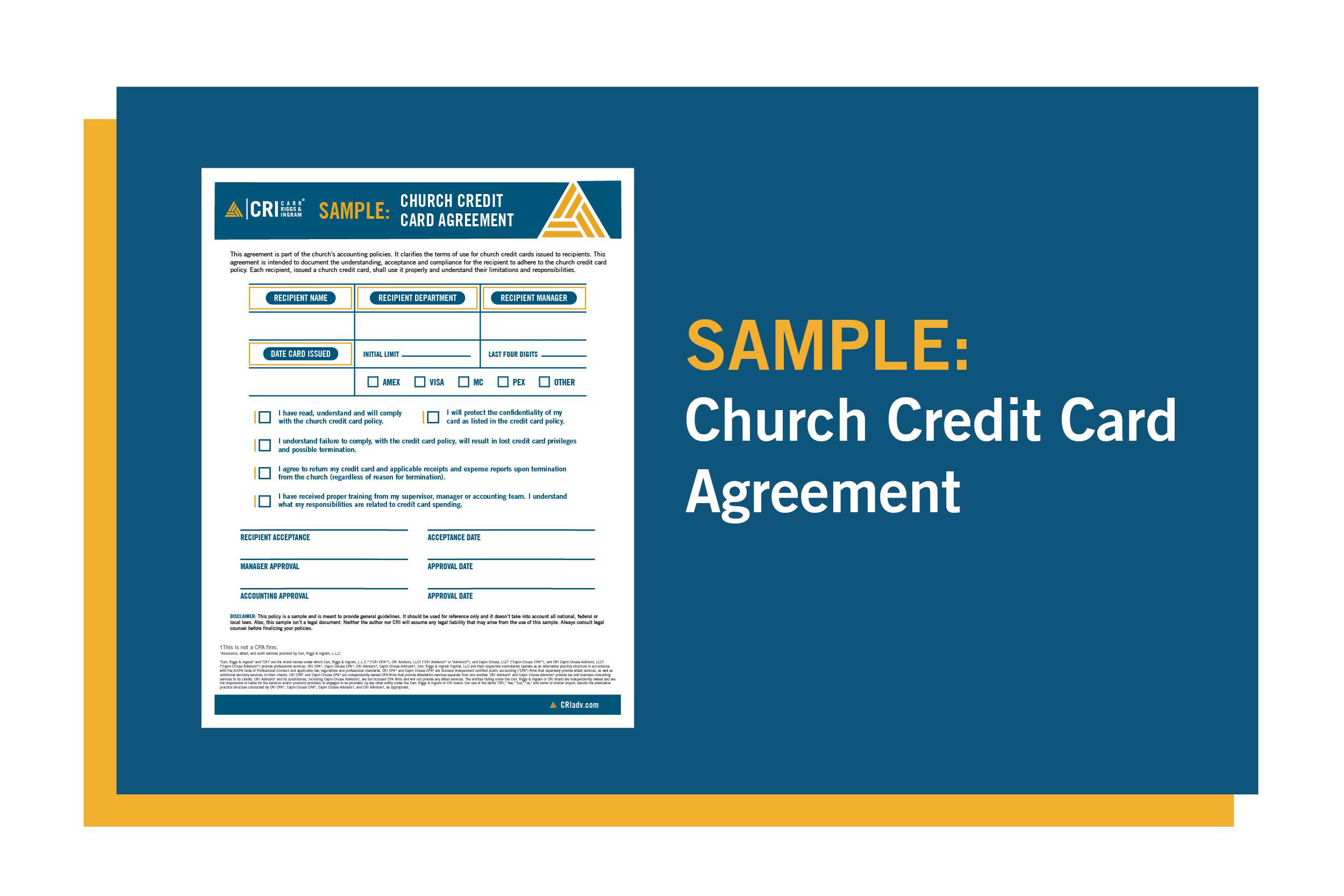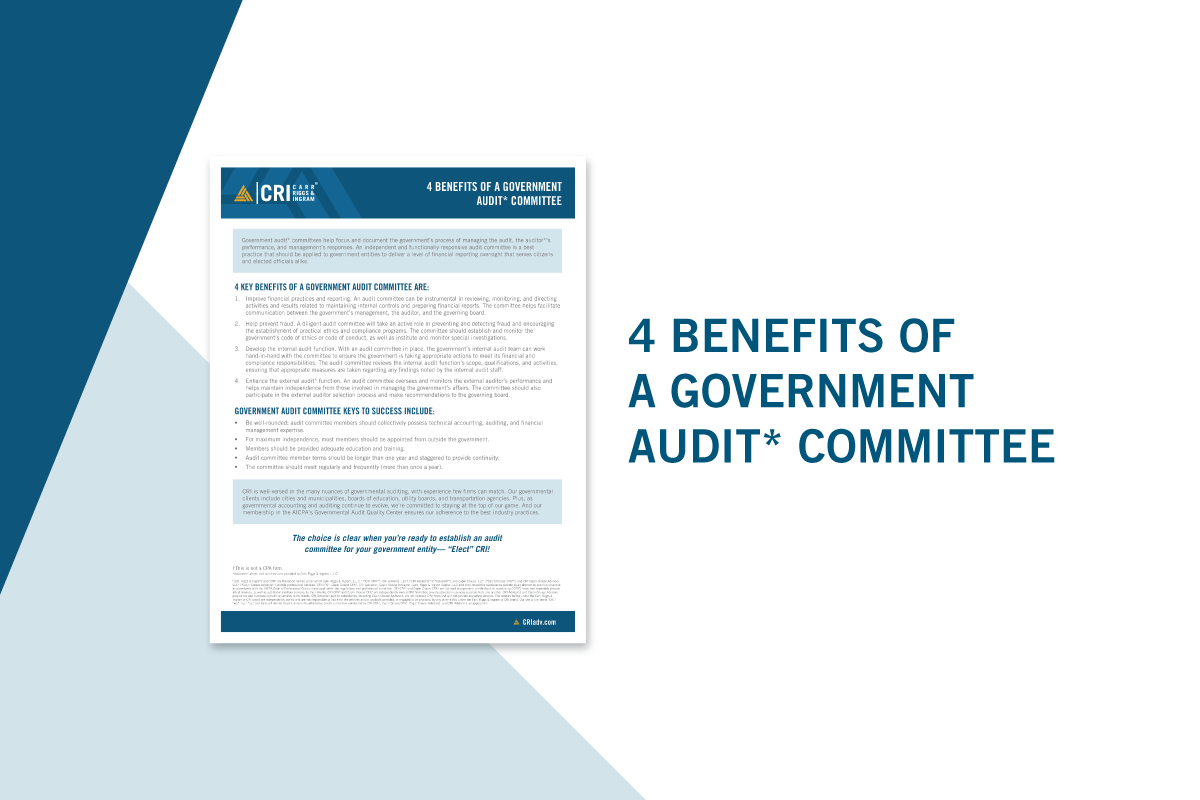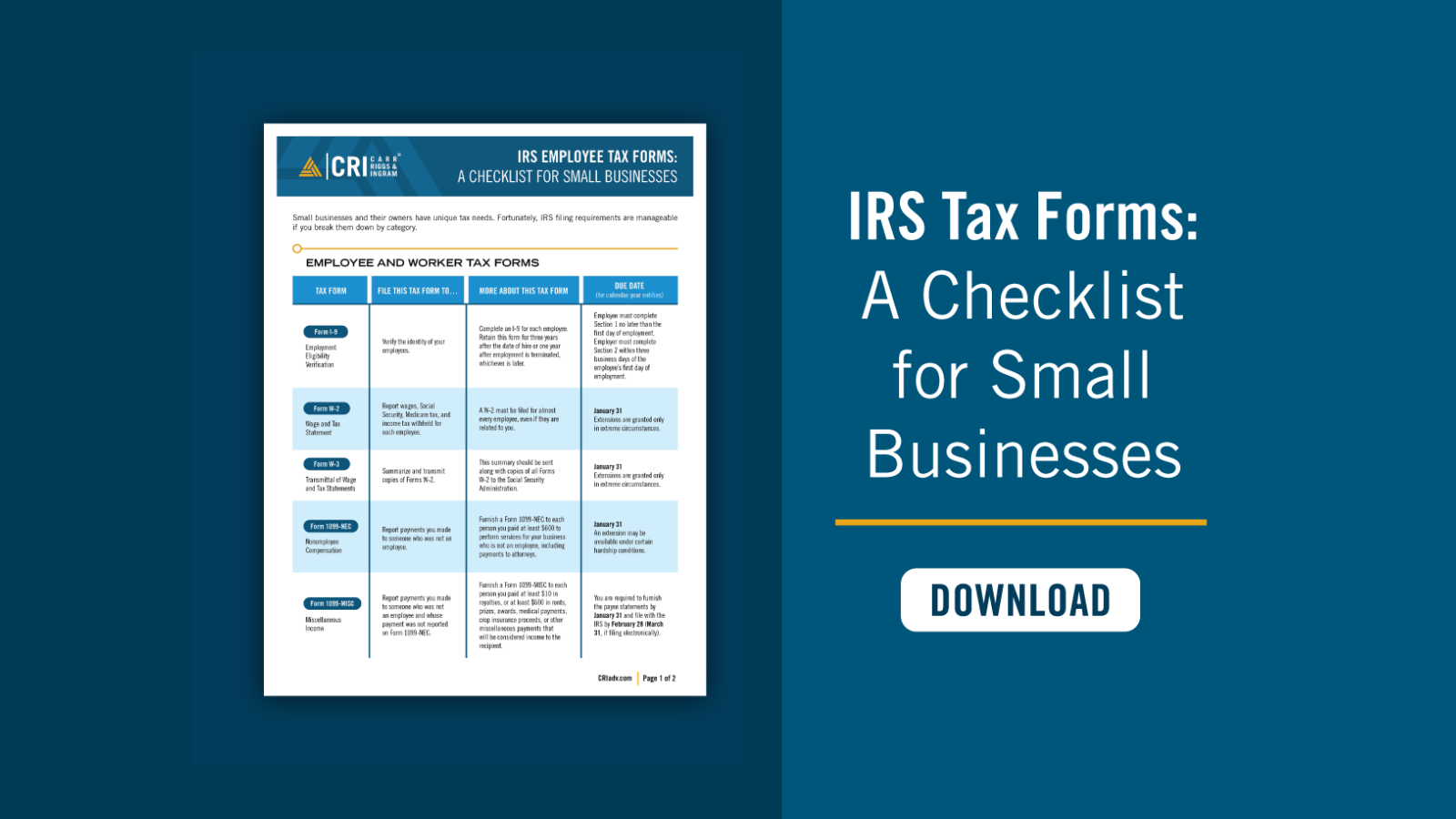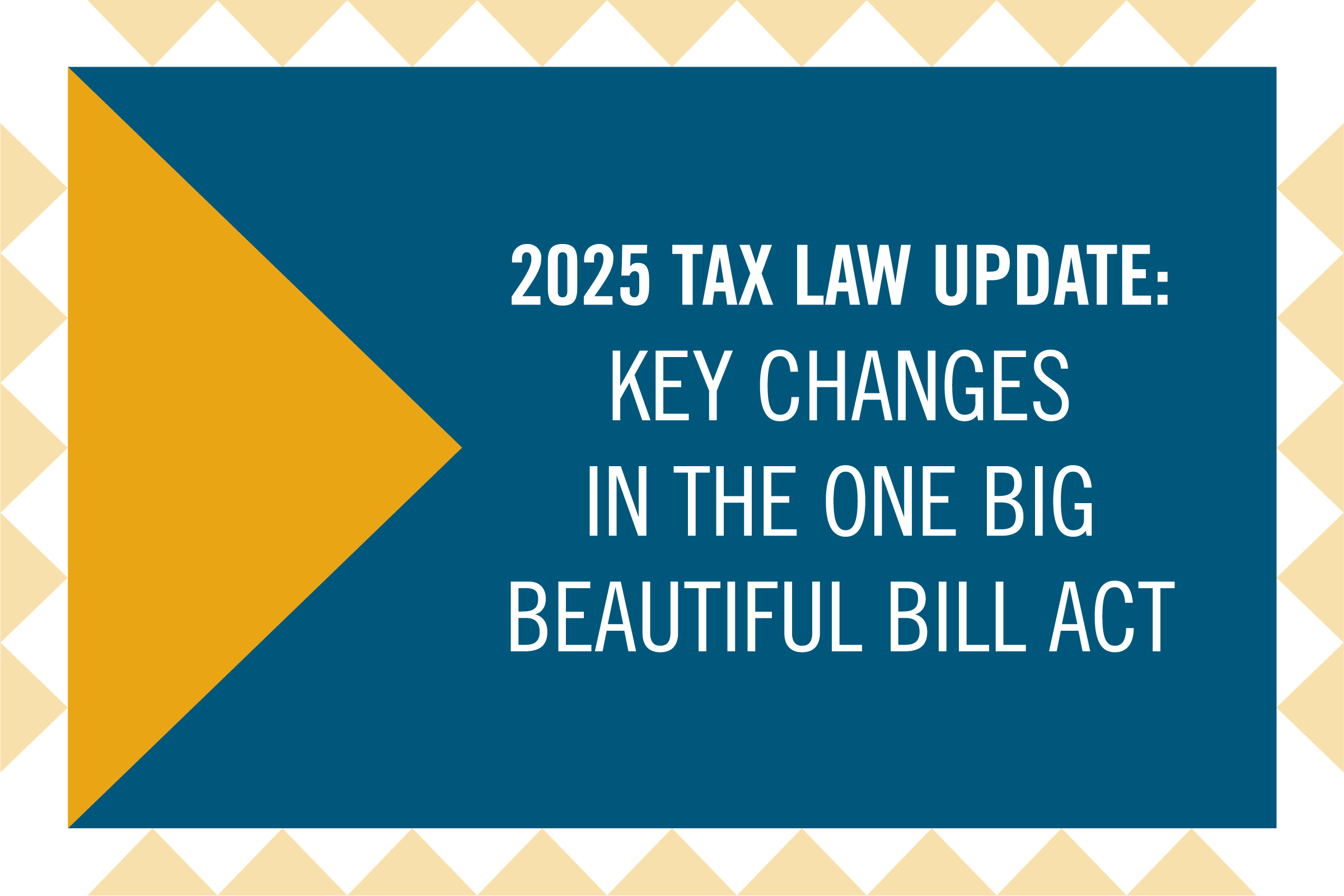Understanding the Qualified Small Business Stock Exclusion
- Contributor
- Scott M. Abrams
May 29, 2025
Qualified small business stock (QSBS) can offer substantial tax benefits for C corporation owners and investors. The exclusion for gain from certain small business stock (IRC Section 1202) was established in 1993 to encourage investment into small businesses, but even larger businesses may qualify. It started out as a 50% exclusion, but today the exclusion is as high as 100%.
In recent years, lawmakers have been looking to make changes that would make the Section 1202 exclusion easier to qualify for, opening it up to more taxpayers. To gauge whether the proposed law changes would result in any additional tax savings for you, first it’s important to understand how Section 1202 currently works.
What Is the Qualified Small Business Stock Exclusion?
When investors sell shares of small business stock, the gains that they recognize from those sales are taxable. The Section 1202 exclusion, known as the Exclusion for Gain from Certain Small Business Stock, excludes up to $10 million (or 10 times the adjusted basis of the stock, whichever amount is greater) of those capital gains from taxation. Taxpayers that qualify can exclude between 50% and 100% of their gain, depending on when they purchased their shares.
| Date Stock Was Issued | Percentage of Gain Excluded Under Section 1202 |
| August 11, 1993 — February 17, 2009 | 50% |
| February 18, 2009 — September 27, 2010 | 75% |
| September 28, 2010 — present day | 100% |
In addition, 60% of the gain is excludable if the stock is empowerment zone stock that the taxpayer acquired after December 21, 2000, and before February 18, 2009. However, gain attributable to periods after 2018 does not qualify for the Section 1202 exclusion.
What Are the Qualifications for Section 1202?
There are a few requirements to qualify for the Section 1202 exclusion:
You must be an eligible shareholder.
Eligible shareholders are all non-corporate shareholders, typically individuals, trusts, and estates. Partnerships and S corporations are also eligible, but the benefit might get diluted by the time it flows through to the individual taxpayer.
The stock must be the original issuance.
To qualify for the Section 1202 exclusion, the stock in question must have been acquired on its original issuance, purchased directly from the company. It cannot have been purchased from another shareholder. The stock can be issued as part of the business’s initial incorporation or from a subsequent issuance of stock.
The stock must be from an eligible corporation.
The stock must be from a domestic C corporation or an LLC that has elected to be taxed as a C corporation. Stock from S corporations, cooperatives, domestic international sales corporations (DISCs) or former DISCs, and certain investment companies (like real estate mortgage investment conduits, or REMICs) isn’t eligible for Section 1202 treatment.
The business must be active.
The business must use at least 80% of its assets in the active conduct of a trade or business throughout the taxpayer’s stock ownership holding period.
The business must be engaged in a qualified trade or business.
The IRS defines what businesses are considered “qualified” for purposes of Section 1202 more by focusing on the businesses that do not qualify. In general, a qualified trade or business for purposes of Section 1202 does not include:
- Businesses in the fields of health, law, engineering, architecture, accounting, actuarial science, performing arts, consulting, athletics, financial services, brokerage services, or any business where the principal asset is the reputation or skill of its employees.
- Businesses in banking, insurance, financing, leasing, investing, or farming.
- Hotels, motels, or restaurants.
- Oil and gas businesses.
- Businesses that invest in any of the above types of businesses.
The corporation must have less than $50 million in assets.
Legislators wanted Section 1202 to benefit smaller businesses, so they created a so-called $50 million test. A corporation will not be considered a “qualified small business” unless it can pass this test.
The test requires that the corporation’s “aggregate gross assets” don’t exceed $50 million. Fortunately, this test only needs to be done once: at the time the stock is first issued.
The corporation cannot make stock redemptions close to issuance.
To prevent businesses from using new stock issuances to fund the redemptions of stock held by existing shareholders, the IRS will not award a Section 1202 exclusion if the corporation makes any significant stock redemptions in the year preceding or following the issuance date of new stock.
You must hold the stock for at least five years.
The investor must hold on to the QSBS for at least five years for gain to be excluded under Section 1202.
It is this last requirement — the five-year holding period requirement — that legislators want to change.
What Are Legislators Proposing to Change About Section 1202 Gain Exclusions?
The five-year holding requirement for the Section 1202 exclusion is a sticking point for some investors. Those that don’t meet that five-year requirement miss out on the generous tax-saving opportunities of Section 1202. But some lawmakers are trying to change this.
For years now, lawmakers have been drafting legislation that prorates the Section 1202 exclusion for shareholders whose holding periods are less than five years.
The most recent proposed change was included in the Small Business Jobs Act (H.R. 3937), which was introduced in the House Ways and Means Committee in June 2023. This bill proposed a partial exclusion on gains from sales of QSBS held for at least three years. The bill effectively prorated the exclusion percentage, as follows:
Years Stock Held Applicable Exclusion Percentage
3 years................................... 50%
4 years................................... 75%
5 years................................... 100%
This simple change would make the Section 1202 exclusion a more viable and popular option than in the past.
Watch for Changes to Section 1202
If you plan to invest in or divest from a small business in the coming few years, keep your ear to the ground for potential changes to Section 1202. And never hesitate to reach out to your CRI advisors if you want to discuss QSBS or other tax-saving opportunities.









